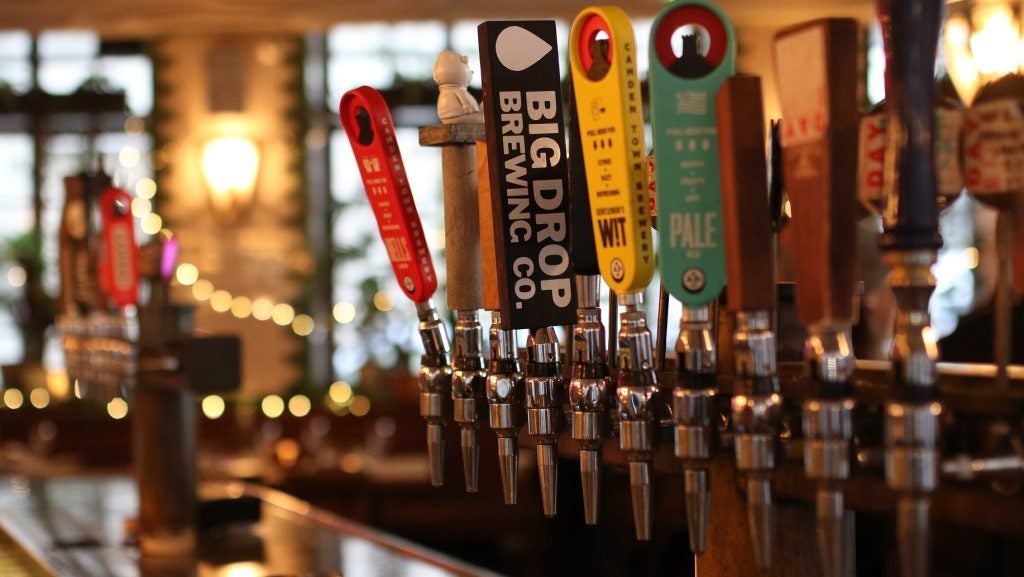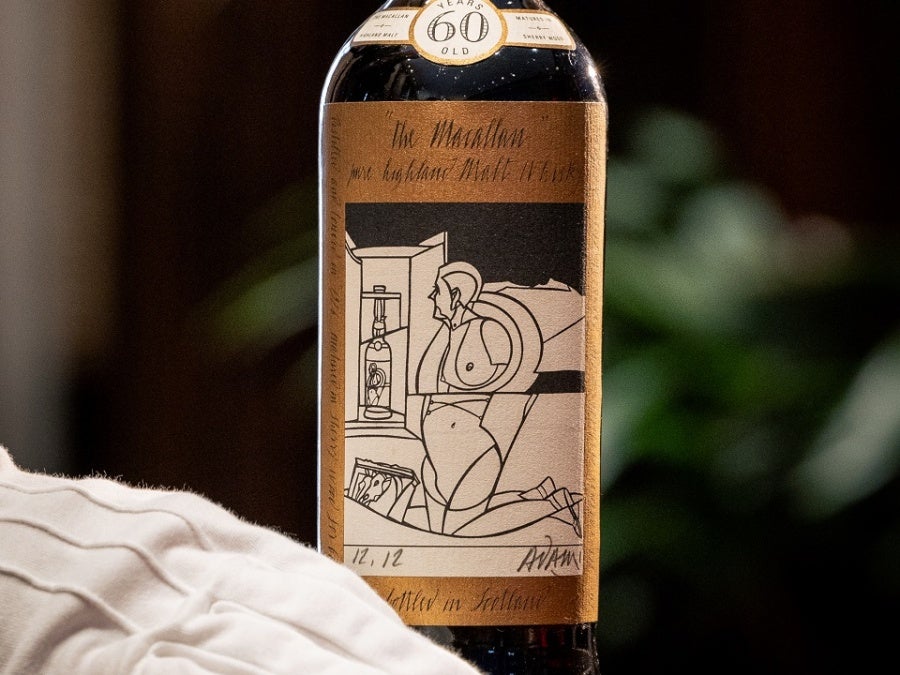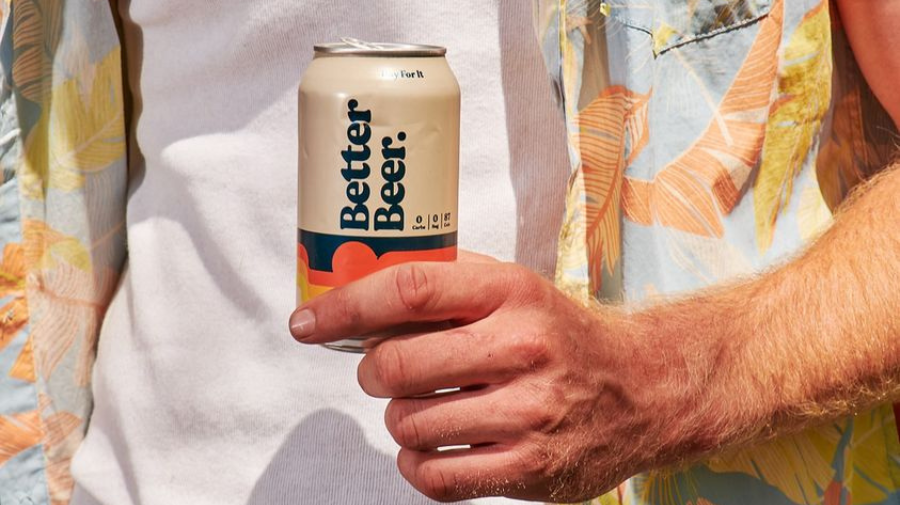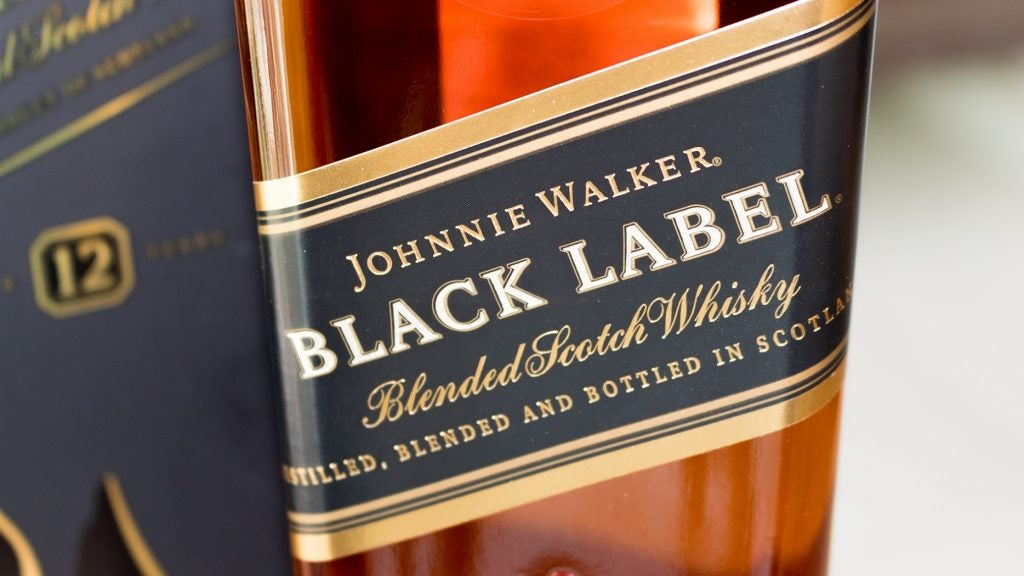The Society of Independent Brewers (SIBA) is calling on the UK government to expand the limit on ‘alcohol-free’ labelling to 0.5% abv products.
In the UK, beer can only be labelled ‘no alcohol’ or ‘alcohol-free’ if it contains an abv of 0.05% or less. Products labelled ‘low alcohol’ must be 1.2% abv or below.
But the SIBA said achieving 0.05% abv is an expensive process that makes it difficult for “small independent breweries” to enter the low-and-no market.
It comes as last month the UK government launched a consultation on labelling.
It proposed to raise the threshold for an “alcohol-free” drink to an abv of 0.5% to make alternatives to alcoholic drinks more widely available and popular.
Andy Slee, SIBA CEO, said: “For small independent breweries, NoLo is a fledgling sector and our members are increasingly looking to add new innovative low alcohol beers to their range but are hindered by confusing labelling guidance and the barriers to accessing the market.
“The Health Minister has the chance to provide clarity and address the inconsistencies and give a real boost to our independent breweries looking to response to increase consumer demand for tasty and interesting low alcohol beers.”
The proposed 0.5% abv threshold is in line with countries including the US, Denmark, Germany, Australia, Sweden, Portugal and Belgium.
As well as standardising UK products with international imports, the SIBA said raising the threshold would “address the barriers to trade and provide clarity for consumers”.
Other proposals under consideration include adding the abv strength on the front of the label along with age restrictions and England chief medical officer Prof. Sir Chris Whitty’s low-risk drinking guidelines.
SIBA said measures “could add further complexity and make it more difficult for small independent breweries to enter the market for low and no beer”.
It added: “Achieving the 0.05% strength is beyond the affordability for the vast majority of small breweries as it requires specialist and expensive brewing equipment to remove the alcohol from the beer.”
According to the UK’s Department of Health and Social Care, one in five adults in the country drinks more than the recommended 14 units of alcohol per week.
The consultation will bring in views from industry professionals on “how to support those looking to moderate their alcohol consumption and provide them with greater choice when looking for alternatives to alcohol”.
Just Drinks columnist Chris Losh wrote last month that the UK review could have international impact.
“Legislation that brings one of this nascent category’s most influential players onto the same page as most of the rest of the world, could kick-start further convergence and add further energy to an already vibrant category,” he said.















